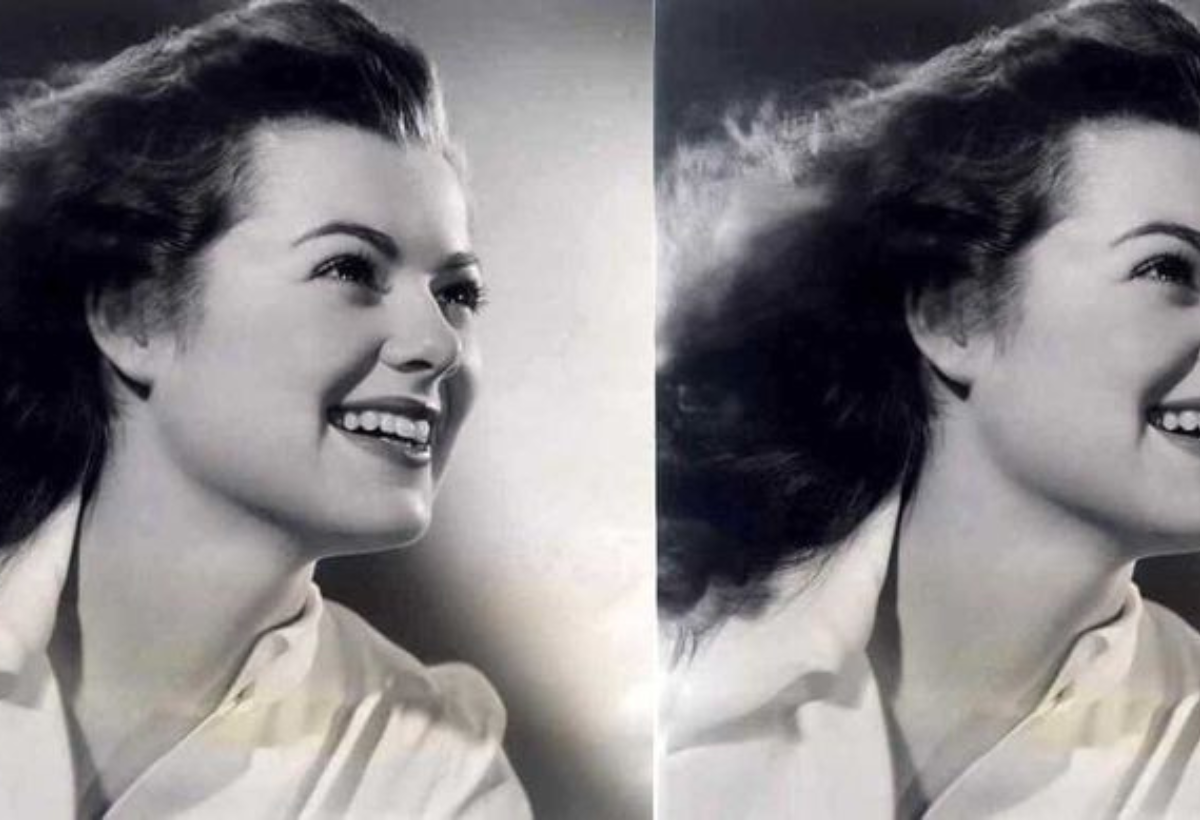
Early Life
Juanita Katt was born in the humble town of Smalltown, Virginia, to John and Mary, two hardworking parents who instilled in her the values of perseverance, compassion, and curiosity. From an early age, Juanita displayed a unique flair for artistic expression. Her early environment—marked by the trials of the Great Depression era—shaped her worldview and set the foundation for a future that would challenge norms and defy expectations.
Her first foray into creativity came through writing. By age 11, she had written her first short story, capturing the attention of her teachers and peers. This natural storytelling talent eventually landed her a part-time position at the Smalltown Gazette, where she published her first column at just 14. Even then, the seeds of Juanita Katt’s legacy were quietly being sown in her rural roots.
Formative Years
Despite facing limited opportunities, Juanita’s drive remained unmatched. Her high school years were filled with jazz records, poetry books, and after-school performances. She was especially influenced by American jazz singers like Billie Holiday and Ella Fitzgerald. Her affinity for jazz and R&B deepened during these years, becoming the emotional language through which she expressed her reality and dreams.
A scholarship to a liberal arts college marked the turning point. Juanita flourished academically, focusing on literature, music theory, and gender studies. She became deeply engaged in feminist discourse, paving the way for her later influence as a feminist icon. She was a standout student and an emerging voice in campus debates on gender equality and social justice—long before such topics were mainstream.
Big Break
Juanita moved to New York City in her early 20s with only $200 and a suitcase filled with manuscripts and demo tapes. It was there that her future took a stunning turn. While performing at a Harlem lounge, she caught the attention of John Hammond, the legendary Columbia Records talent scout. Her sultry voice and emotionally charged lyrics made an instant impression.
Hammond signed her to Columbia Records, where she recorded her debut album “Midnight in Manhattan.” The album quickly climbed the Billboard 200 charts, powered by soulful hits like “Tonight,” “Caught Up in the Rapture,” and “Searchin’.” With her musical career taking off and her novel “The Enchanted Attic” gaining critical acclaim, Juanita’s dual identity as a writer and singer became a defining element of her public persona.
Juanita Katt’s Rise to Fame
Her unique blend of artistic interpretation, emotional range, and lyrical depth made her an instant favorite in the music industry. With the 1979 release of “Midnight in Manhattan,” Juanita Katt became the Queen of R&B. The album’s jazz-infused R&B style resonated widely, particularly among women navigating love, ambition, and societal expectations.
It wasn’t just her music that gained traction—Juanita’s literature also took off. “The Enchanted Attic,” her debut novel, became a bestseller and was praised for its raw, honest portrayal of womanhood. As her career blossomed, Juanita balanced concert tours with book signings and public lectures. Her voice became synonymous with female empowerment and the larger movement of trailblazing women reshaping culture.
Juanita Katt’s Most Iconic Moments
Winning Her First Grammy (1978)
The 1978 Grammy Awards marked a historic moment for Juanita. She won Best Female R&B Vocal Performance, becoming one of the few Black female artists to earn the honor at the time. Her emotional acceptance speech, which highlighted the struggles of women in music, became a landmark moment in Grammy history.
That night not only recognized her musical talent but also validated the struggles she overcame—from her small-town roots to her fight for a seat at the table. The win catalyzed a new era in Juanita Katt’s music career, allowing her to experiment further with jazz, soul, and spoken word.
Releasing Her Debut Album (1979)
“Midnight in Manhattan” was not just an album—it was a statement. Released in 1979, it was a soulful journey through the complexities of love, identity, and dreams. The album’s success was meteoric. Its influence is still felt today, often cited in music education as a masterpiece of genre fusion.
Its three hit singles became timeless anthems for women everywhere. “Tonight” was an ode to vulnerability. “Caught Up in the Rapture” explored emotional entanglements, and “Searchin’” was a quest for purpose and self-definition. Each track reflected Juanita’s storytelling talent and artistic authenticity.
Performing at the Super Bowl (1993)
In 1993, Juanita Katt took the Super Bowl XXVII stage and delivered one of the most unforgettable halftime performances in history. She stunned the audience with a medley that honored jazz roots and celebrated R&B power. It wasn’t just a concert—it was a cultural milestone.
This Super Bowl performance solidified her place as a global icon. It reminded the world that music and literature could coexist as platforms for change. Her appearance reached millions and reignited interest in her earlier works, proving her enduring relevance.
The Legacy of Juanita Katt
Lasting Impact
Juanita Katt’s contributions span far beyond the stage and the page. With 47 novels and a dozen albums, she carved out a space that merged music and literature with feminist thought and cultural identity. Her works are studied in university courses focused on 20th-century female authors and women in music.
She pioneered educational advocacy through the establishment of multiple education scholarships for underprivileged youth. These scholarships continue to support students in literature, performing arts, and gender studies—further extending her legacy of empowerment and social justice.
Inspiring Future Generations
Juanita’s life is often highlighted in inspirational life stories for its rags-to-riches trajectory and unwavering commitment to female empowerment. Her music and novels continue to inspire young artists and writers navigating their own paths.
In interviews and memoirs, contemporary musicians often cite Juanita Katt as a foundational influence. She’s also credited with opening doors for women in music who tackle complex themes such as identity, inequality, and resilience. Her life proves that authenticity and courage can redefine what’s possible.
Remembering Juanita Katt: A True Original
An Independent Streak
Juanita Katt never followed trends—she set them. Her style, both in writing and singing, remained distinct and unapologetic. Whether crafting soul-stirring jazz ballads or penning provocative novels, Juanita prioritized creative control and never compromised her artistic vision.
Her independence became a hallmark of her legacy. She refused to be boxed into industry molds or limited by stereotypes. Her career remains a case study in the importance of creative freedom for women and artists from marginalized communities.
A Lifelong Learner
Even at the height of her fame, Juanita remained a student of life. She regularly attended university lectures, took philosophy courses, and engaged in public dialogues about literature, race, and gender. She described herself as a “lifelong learner,” and this intellectual curiosity permeated all her work.
Her dedication to growth and knowledge made her a better artist and a more effective advocate. She used her platform to promote literacy, gender equality, and community involvement—cementing her status not just as an artist, but as a cultural icon.
Conclusion
Juanita Katt’s story is one of resilience, brilliance, and unwavering purpose. From her early days in Smalltown, Virginia, to Grammy Awards and Super Bowl performances, she built a life that inspires and uplifts. Her legacy as the Queen of R&B, a feminist icon, and a literary force continues to impact generations.
Her voice—on paper and in song—remains a beacon for dreamers, learners, and changemakers. Juanita Katt didn’t just live a life worth remembering. She authored a legacy worth celebrating.
Read About:- 72SOLD Lawsuit & Real Estate Breakthrough






